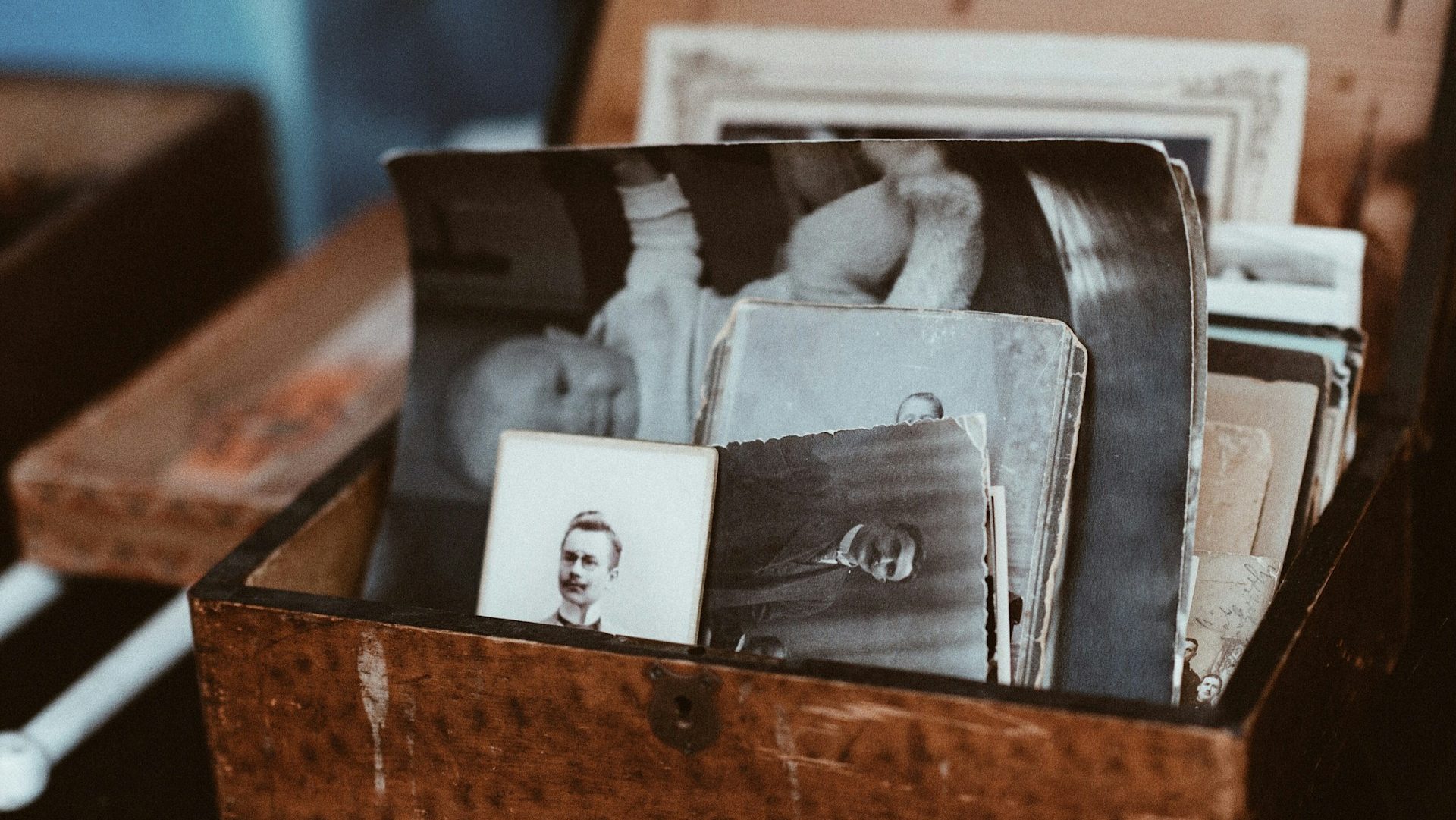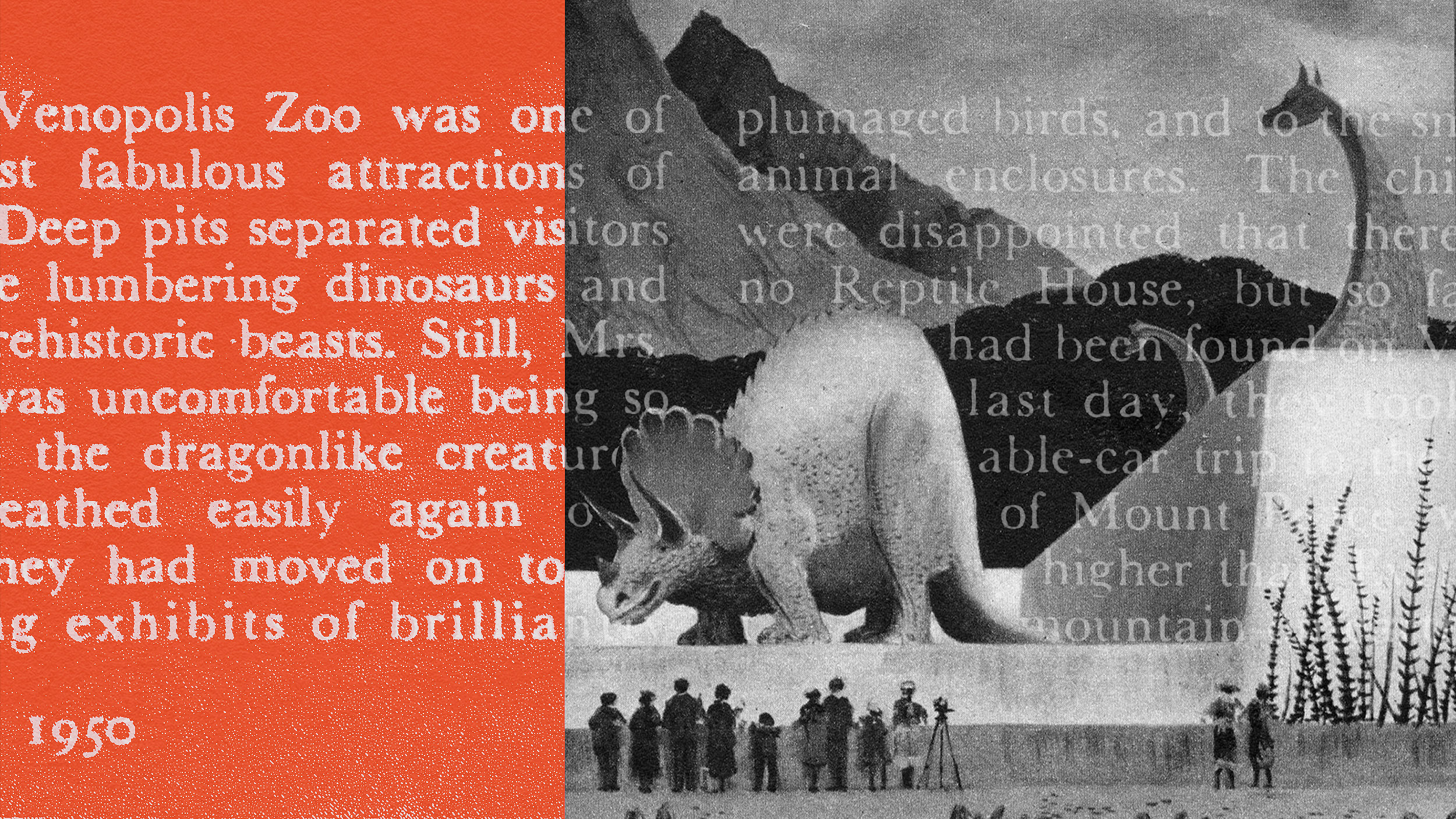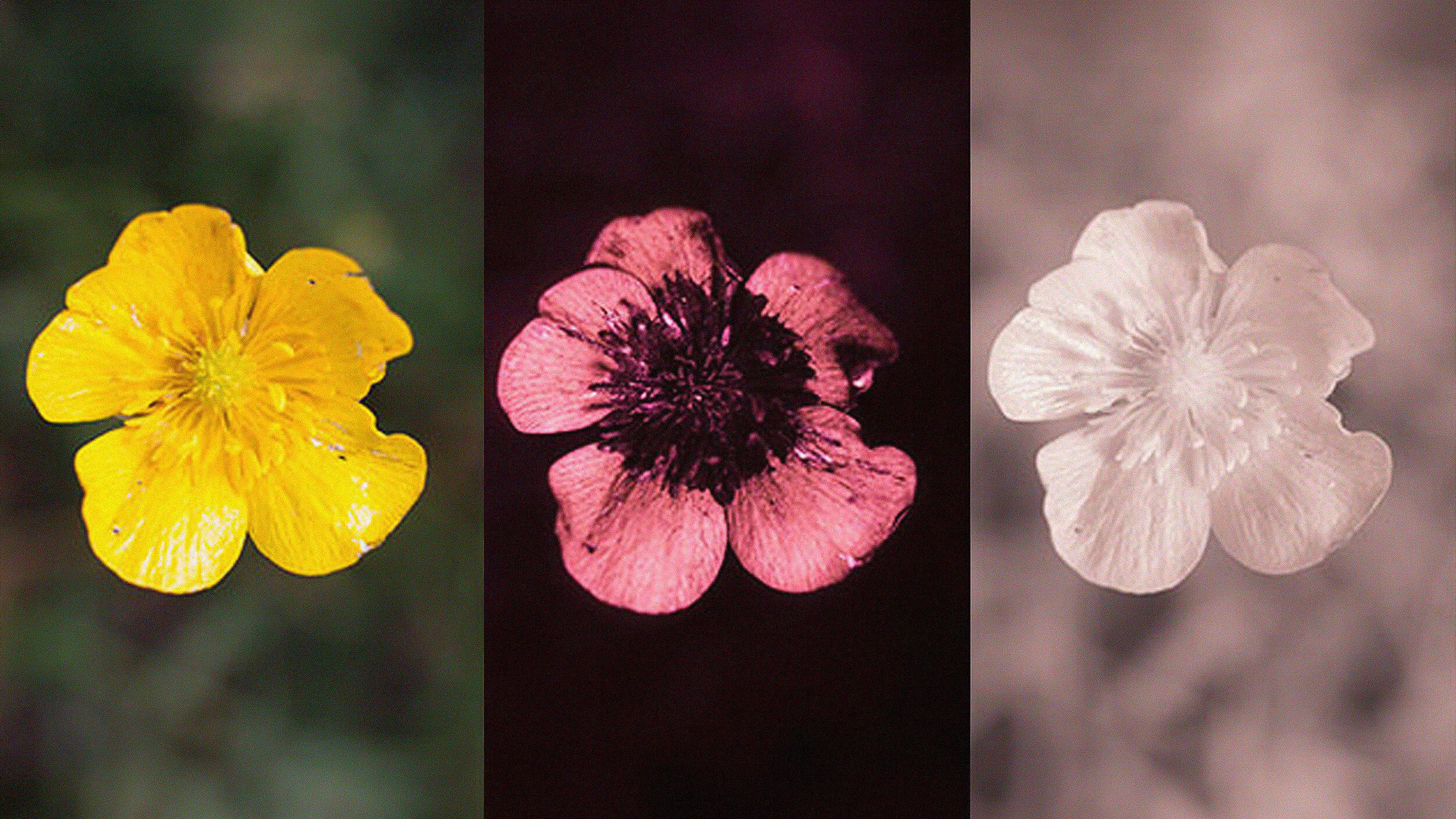As the oil spill continues to plague the Gulf, the deep-sea explorer makes a passionate case for saving ocean life.
Question: What was the aim of your rnMission Blue voyage andrnwhat did it accomplish?
SylviarnEarle:Over the years I’vernbecome impressed with how much the oceans have changed just in my rnlifetime andrnI realized that since the middle of the 20th century more has changed rnperhapsrnthan during all preceding human history... That we can see the change. Other creatures may as well. Grouperrn may live 50 years and recognizernthat the ocean is not the same ocean that they experienced as little rnfish. Dolphins certainly may recognize therndifference. They can live to be 50rnor 60 years old. Bowhead whalesrncan be 200 years old. Orange roughly can be 200 rnyears old. Tunarnmay be 25 or 30 years old. Anyway,rnduring this time the ocean has changed, but they don’t know why and theyrn don’trnknow what to do about it. We dornknow why and we do know what to do about it, but it’s taken us a while. It’s taken half a century to reallyrnunderstand the view of Earth from space to see that, you know, you look rnallrnaround, there is only one place where we can actually have a hope of rngoingrnforward in time. We can reflect onrna long and illustrious history, but what about the future? rn What about the kids 50 years from now whornwill look back on us and say, “Why didn’t you do something when you had arnchance and when you knew that 90% of the fish had been taken out of the rnsea ofrncertain species, the tunas, the swordfish, the sharks?” “Thern big fish are gone and yet you keptrneating tuna.” “You kept eatingrnswordfish.” “What were yournthinking?” If we continue rightrnnow doing what we’ve been doing there won’t be these large creatures 50 rnyearsrnfrom now and the kids will say, “Why didn’t you do something when you rnstill hadrna chance?” That is what has shapedrnmuch of what I do, have been doing, what drives me now.
rnrnrnrnAs much as I love just exploring the ocean, rnstudying plants,rnseaweeds, I love them. They arernjust infinitely fascinating. Torndive into an ecosystem and be a part of it and try to understand how rndoes itrnwork just for its own sake, just for wanting to know to satisfy my rnpersonalrncuriosity, to add a little fragment of knowledge to the great body of rnknowledgernthat might lead to wisdom for our species... but now we’re running out rnofrntime. I can’t indulge myself asrnmuch as I once did as a young explorer, as a younger scientist. I now am compelled to share the news. Thern ocean is in trouble. We’re in trouble. We have to go flat out to do what werncan to embrace what remains of healthy ecosystems on the land and in thernsea. I’ve been working with thernNational Parks Service and with protected areas the whole concept on thern landrnfor many years through IUCN, the International Union for the rnConservation ofrnNature, with World Wildlife, with the National Geographic, ConservationrnInternational, with any organization that will have me basically to try rnto helprninspire care for the natural systems as if our lives depend on them rnbecausernthey do. They do. It’s rnlife that generates oxygen. It’s living systems rnthat drive thernwater cycle. You know protectingrnwatersheds to maintain the integrity of that which keeps us alive. For the ocean... for years I’ve beenrntrying to do for the ocean what has been done for the land starting rnearly inrnthe 20th century, not early enough, but protected areas on the land, rnnationalrnparks and wildlife reserves and so on that we should think of as peoplernreserves because they restore our life, not just about other creatures.
rnrnrnrnIn the sea it is a relatively new concept. Starting in the '70s, in Australia, inrnthis country with protected areas, the Great Barrier Reef, a system ofrnsanctuaries in this country, now around the world, 4,500 or so marine rnprotectedrnareas, but they’re mostly really small. rnIt amounts to a fraction of 1% of the ocean. Sorn when I had a call from Chris Anderson from TechnologyrnEntertainment Design, TED in the fall of 2008 saying that I had been rnawardedrnthe TED Prize and I could make a wish. rnIt had to be a big wish, big enough the change the world. It was really easy to think what itrnwould be. It would be to try tornwin support for what I’ve been trying to do with other organizations andrnpeople, my fellow scientists and others who care for most of my life. Let’s try to inspire a network, arnpublic… sort of ignite public support for hope spots, protected areas rnaroundrnthe world. It doesn’t matterrnreally what you call them; a sanctuary, a reserve, whatever it is. Different organizations have gone byrndifferent names, but it’s time to have an umbrella term, something that rnwillrnallow others to do their thing, but within a framework of working rntogether, sorn"hope spots." Mission Blue to pullrntogether, to get others engaged who haven’t typically been engaged. Pull on them. Draw on the rnentertainers to celebrate using theirrntalents. People ask, “What can Irndo?” I hold up a mirror. Whatrn can you do? What are you good at? rn Do you write? Do you sing? rn Dornyou have a way with numbers? Arernyou a politician with a kind of power at this moment in history? Are you a teacher? Are you a rnmom? Are you a dad? Are rnyou a kid? Whatever you are you have power. The trick is using that power. Partrn of the wish with TED Saidrnexpeditions and again the TEDsters as they are known… call themselves...rn and ChrisrnAnderson pulled together to have an expedition and we worked with rnLindbladrnExpeditions, the National Geographic Lindblad ship the Endeavor to go torn thernGalapagos Islands, a place is an iconic place that has lots of reason rnfor hope. Good things are happening there, butrnthere are also concerns because fishing continues to degrade the oceansrnsurrounding the islands and degrade the chances that wildlife have and rnpeoplernhave to make this a source of hope for the future, so we had the rnexpeditionrnthere with 100 people from different areas of expertise that even thernscientists, although we’re scientific colleagues and know one another rnand therernwere maybe 30 of us in this mix of 100 people who are experts in our rnrelativernrespective disciplines, but we hadn’t been captured together in a place rnfor arnpiece of time where we had a chance to really think in new ways about rnthis realrnproblem of how do we take care of the ocean and inspire the public at rnlarge andrnpeople with other talents to pull together and that what actually did rnhappen inrnthe Mission Blue expedition that has had a magical effect on everybody rnwho wasrnthere to mobilize the powers that they have and pull together and to rncreate arnnew wave of understanding.
Interviewed by Austin Allen





